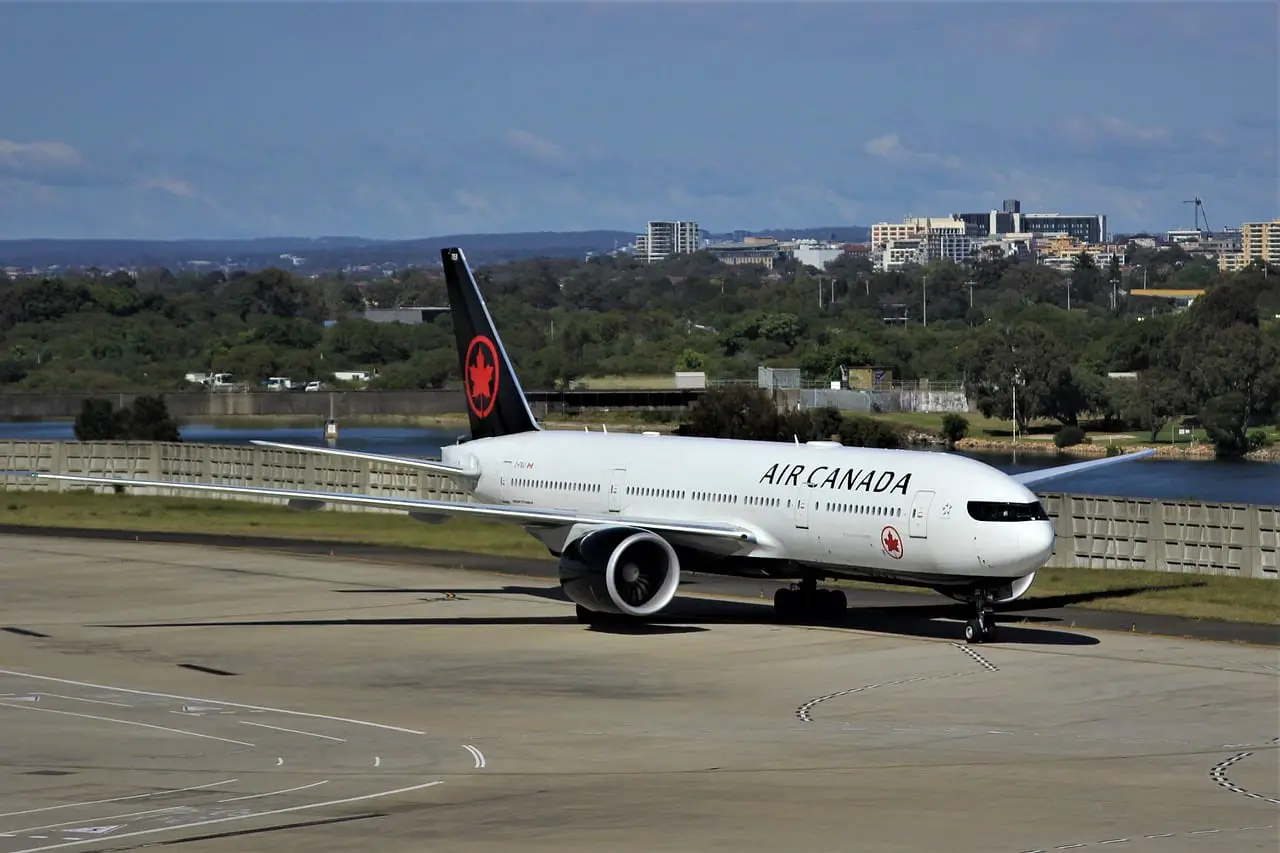Air Canada Celebrates Earth Day By Buying 9.5 Million Liters Of SAF
On April 22, 2023, Air Canada, Canada’s largest airline, announced that it has purchased 9.5 million liters of sustainable aviation fuel (SAF) to celebrate Earth Day. The move highlights Air Canada’s commitment to reducing its carbon footprint and supporting the transition to a more sustainable aviation industry. Here’s a closer look at the announcement and what it means for the future of air travel.
What is Sustainable Aviation Fuel?
Sustainable aviation fuel (SAF) is a low-carbon alternative to traditional jet fuel, made from sustainable sources such as waste oils, agricultural residues, and non-food crops. SAF can reduce greenhouse gas emissions from aviation by up to 80% on a life cycle basis, making it a key technology in the fight against climate change.
Air Canada’s SAF Purchase
Air Canada’s purchase of 9.5 million liters of SAF represents a significant investment in the transition to a more sustainable aviation industry. The fuel will be blended with traditional jet fuel and used on select Air Canada flights departing from Vancouver, Montreal, and Toronto. The use of SAF is expected to reduce carbon emissions by up to 80% compared to traditional jet fuel.
Air Canada has also committed to increasing its use of SAF in the coming years. The airline aims to use 2 billion liters of SAF by 2030, which would represent approximately 10% of its total fuel consumption. This ambitious goal is part of Air Canada’s broader sustainability strategy, which includes a range of initiatives to reduce carbon emissions and support the transition to a more sustainable aviation industry.
The Benefits of SAF
The use of SAF has numerous benefits for the environment and society. By reducing greenhouse gas emissions from aviation, SAF can help mitigate the impacts of climate change, such as sea level rise, extreme weather events, and food and water scarcity. SAF can also help reduce local air pollution and improve air quality, which can have significant health benefits for people living near airports.
In addition, the production of SAF can create new jobs and economic opportunities in rural and remote areas, where many of the feedstocks for SAF are sourced. This can help support local communities and contribute to a more sustainable and equitable economy.
Conclusion
Air Canada’s purchase of 9.5 million liters of SAF is a significant step towards a more sustainable aviation industry. The use of SAF has the potential to reduce greenhouse gas emissions, improve air quality, and create new jobs and economic opportunities. As more airlines follow Air Canada’s lead and invest in SAF, the transition to a more sustainable aviation industry will gather momentum, and we can all look forward to a future where air travel is more sustainable and environmentally responsible.
















 vince salvador
vince salvador June 22nd, 2023
June 22nd, 2023 0 Comments
0 Comments


Leave a reply